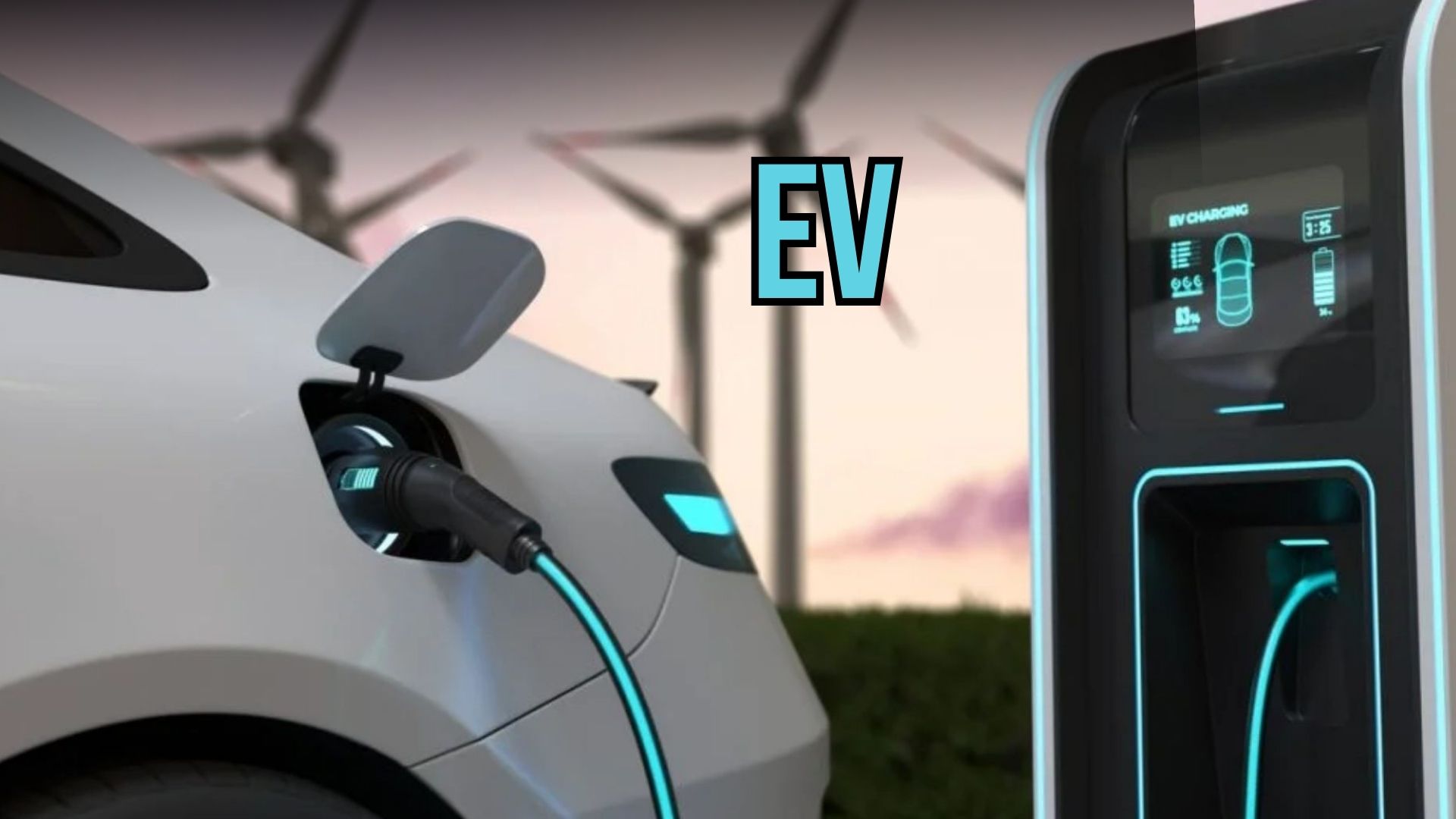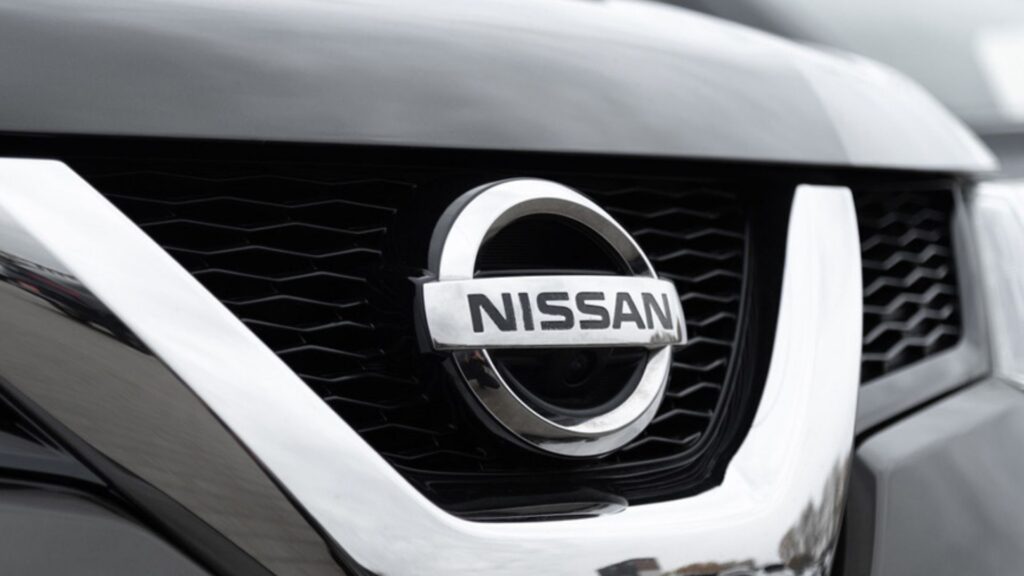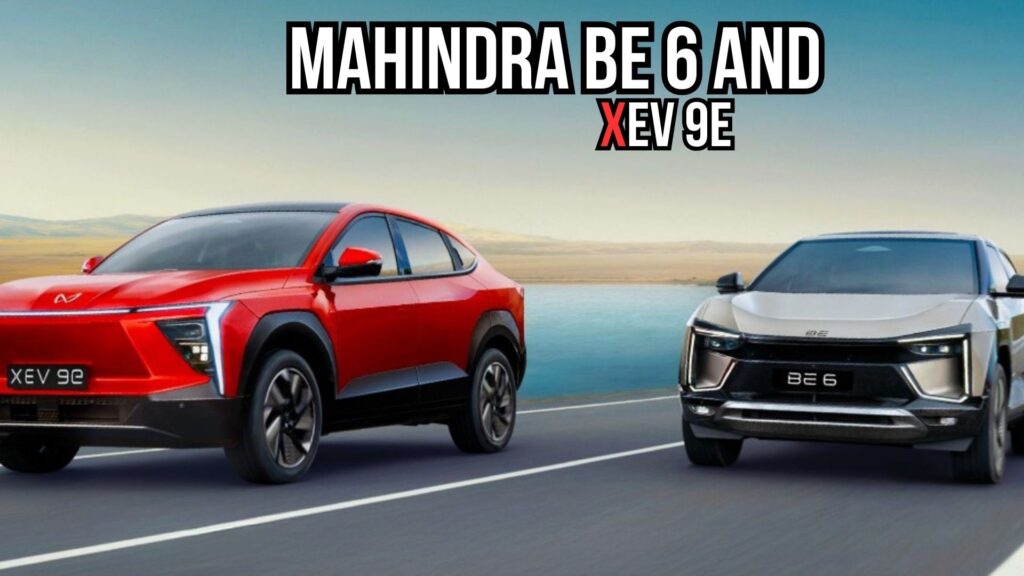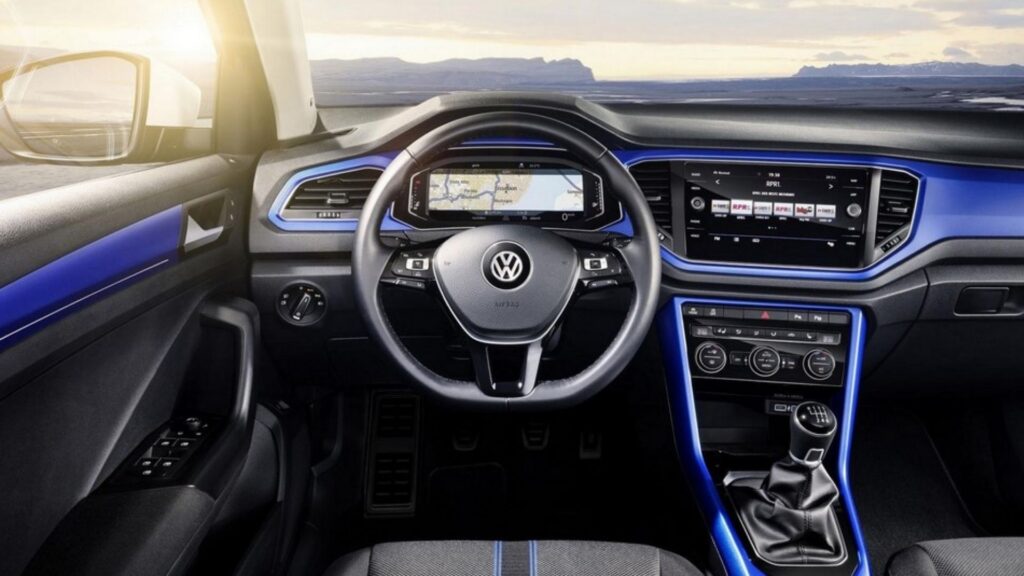The UK government has officially announced the first electric vehicles (EVs) eligible for a new £3,750 discount under its updated grant scheme. The policy, introduced by the Department for Transport (DfT), aims to encourage drivers to switch from petrol and diesel cars to electric alternatives by reducing upfront purchase costs. The scheme applies to new eligible EV models costing up to £37,000, with the most environmentally friendly vehicles benefiting from the maximum discount.

The announcement comes as the UK continues its transition toward cleaner transport, with a complete ban on the sale of new petrol and diesel cars set to take effect in 2030. However, cost barriers and charging infrastructure remain key challenges for wider EV adoption.
The £3,750 EV Discount Scheme Explained

The scheme provides financial support for consumers buying specific electric vehicles. Discounts are automatically applied at the point of sale, meaning buyers do not need to apply separately. Funding for the scheme will come from a £650 million government allocation, which will run for three years.
The biggest discount of £3,750 will apply to Ford’s newly approved Puma Gen-E and e-Tourneo Courier models. Another 26 electric models have been approved for a £1,500 discount.
According to the DfT, the purpose of the policy is to bring EV prices closer to their petrol and diesel counterparts, making electric cars more affordable for families and individuals.
Summary Table
Key Detail |
Information |
|---|---|
Scheme Launch |
2025, running for 3 years |
Funding |
£650 million |
Maximum Discount |
£3,750 |
Ford Models Eligible |
Puma Gen-E, e-Tourneo Courier |
Other Eligible EVs |
26 models with £1,500 discount |
Price Cap for Eligibility |
£37,000 |
Ban on New Petrol/Diesel Cars |
2030 |
Number of EVs on UK Roads |
1.3 million |
Public Charging Points |
82,000 |
Average New EV Price (June 2025) |
£49,790 |
Average New Petrol Car Price |
£34,225 |
Official Source |
Eligible Vehicles for Discounts
£3,750 Discount
-
Ford Puma Gen-E
-
Ford e-Tourneo Courier
£1,500 Discount
-
Citroën ë-C3 and ë-C3 Aircross
-
Citroën ë-C4 and ë-C4 X
-
Citroën ë-C5 Aircross
-
Citroën ë-Berlingo
-
Cupra Born
-
DS DS3
-
DS N°4
-
Nissan Ariya
-
Nissan Micra
-
Peugeot E-208
-
Peugeot E-2008
-
Peugeot E-308
-
Peugeot E-408
-
Peugeot E-Rifter
-
Renault 4
-
Renault 5
-
Renault Alpine A290
-
Renault Megane
-
Renault Scenic
-
Vauxhall Astra Electric
-
Vauxhall Combo Life Electric
-
Vauxhall Corsa Electric
-
Vauxhall Frontera Electric
-
Vauxhall Grandland Electric
-
Vauxhall Mokka Electric
-
Volkswagen ID.3
Why the Scheme Matters
The upfront cost of EVs has been one of the main barriers to widespread adoption. Data from Autotrader shows that the average price of a new battery electric car in June 2025 was £49,790, compared to £34,225 for a new petrol car. This price gap has discouraged many consumers despite long-term fuel and maintenance savings associated with EV ownership.
By offering grants, the government hopes to make EVs more competitive with traditional petrol and diesel cars.
Industry and Public Reactions
Support from Industry Leaders
Transport Secretary Heidi Alexander highlighted that the scheme would make it “easier and cheaper for families to make the switch to electric”.
Edmund King, president of the AA, welcomed the move, explaining that drivers frequently cite upfront costs as a stumbling block. He added that the more substantial £3,750 discount could help bridge the affordability gap.
Mike Hawes, chief executive of the Society of Motor Manufacturers and Traders (SMMT), said the grant would provide a boost to EV sales and called on the government to process applications quickly, especially as September typically sees a surge in car purchases due to new number plates.
Concerns from Drivers
Not everyone is convinced. Hugh Bladon, founding member of the Alliance of British Drivers, argued that hybrid vehicles should also receive incentives. He pointed out that hybrids are more cost-effective for many drivers and better suited to current infrastructure limitations.
The Challenge of Charging Infrastructure
While EV ownership is growing, charging availability remains a key issue. There are currently around 1.3 million electric cars on UK roads but only about 82,000 public charging points. Critics argue that until charging infrastructure expands significantly, many drivers will continue to see EVs as impractical.
Environmental Criteria for Discounts
In addition to vehicle performance, the government has also confirmed that manufacturing processes play a role in determining eligibility for the higher discounts. Carmakers that use sustainable practices, such as 100% renewable electricity in production, are more likely to receive approval for the £3,750 discount.
Wider Market Context
Sales of used cars continue to outweigh those of brand-new vehicles in the UK. According to the Society of Motor Manufacturers and Traders, 7.6 million second-hand cars were purchased last year compared with nearly two million new vehicles. This highlights the affordability challenge for buyers, with many relying on the used market rather than purchasing new EVs.
Frequently Asked Questions
1. How do I apply for the EV discount?
A. You do not need to apply. The grant is automatically applied at the point of sale by the dealer.
2. Which cars qualify for the maximum £3,750 discount?
A. Currently, only Ford’s Puma Gen-E and e-Tourneo Courier qualify. More models may be approved in the future.
3. What is the price limit for eligible EVs?
A. Only electric cars costing up to £37,000 are eligible for the discount.
4. How long will the scheme run?
A. The scheme will be available for three years, supported by £650 million of government funding.
5. Does the grant apply to used EVs?
A. No, the grant only applies to new eligible models purchased directly from approved dealerships.
6. Will hybrid cars receive discounts?
A. Currently, only fully electric vehicles are eligible. The government has not announced plans to extend the scheme to hybrids.
For More Information Click HERE






